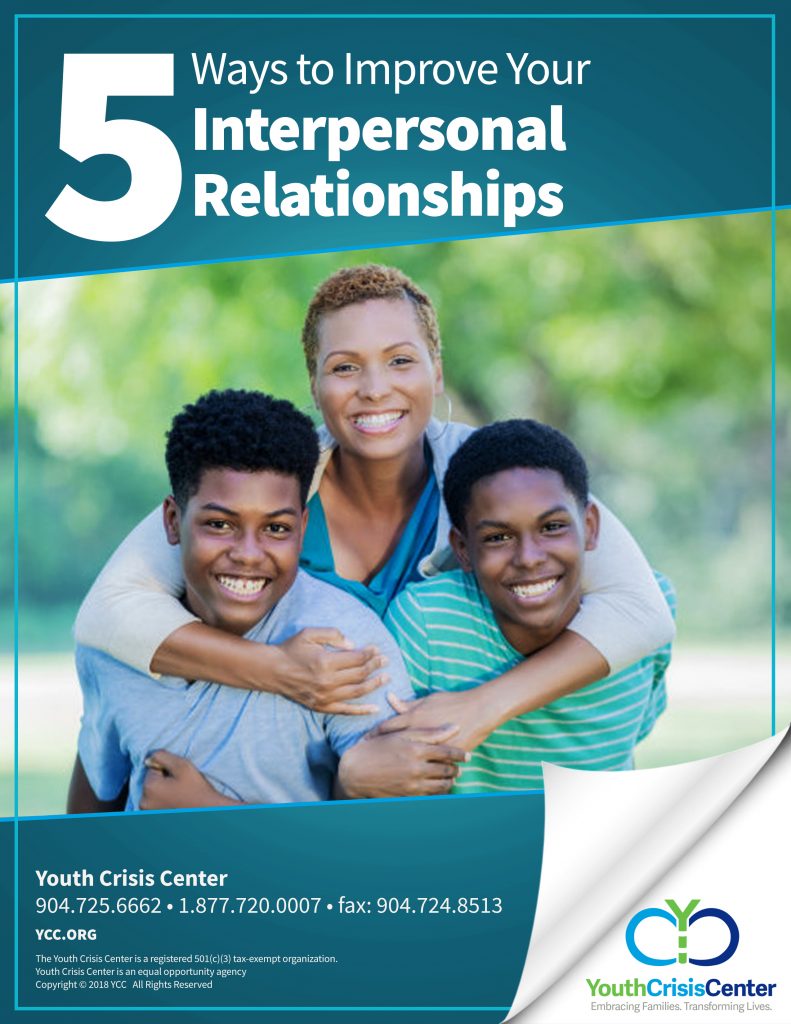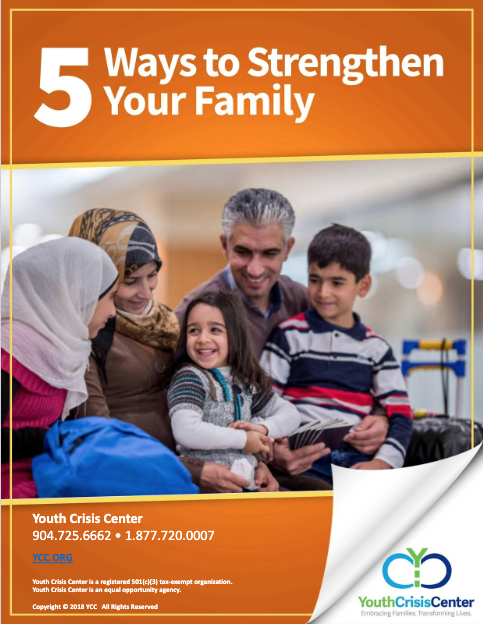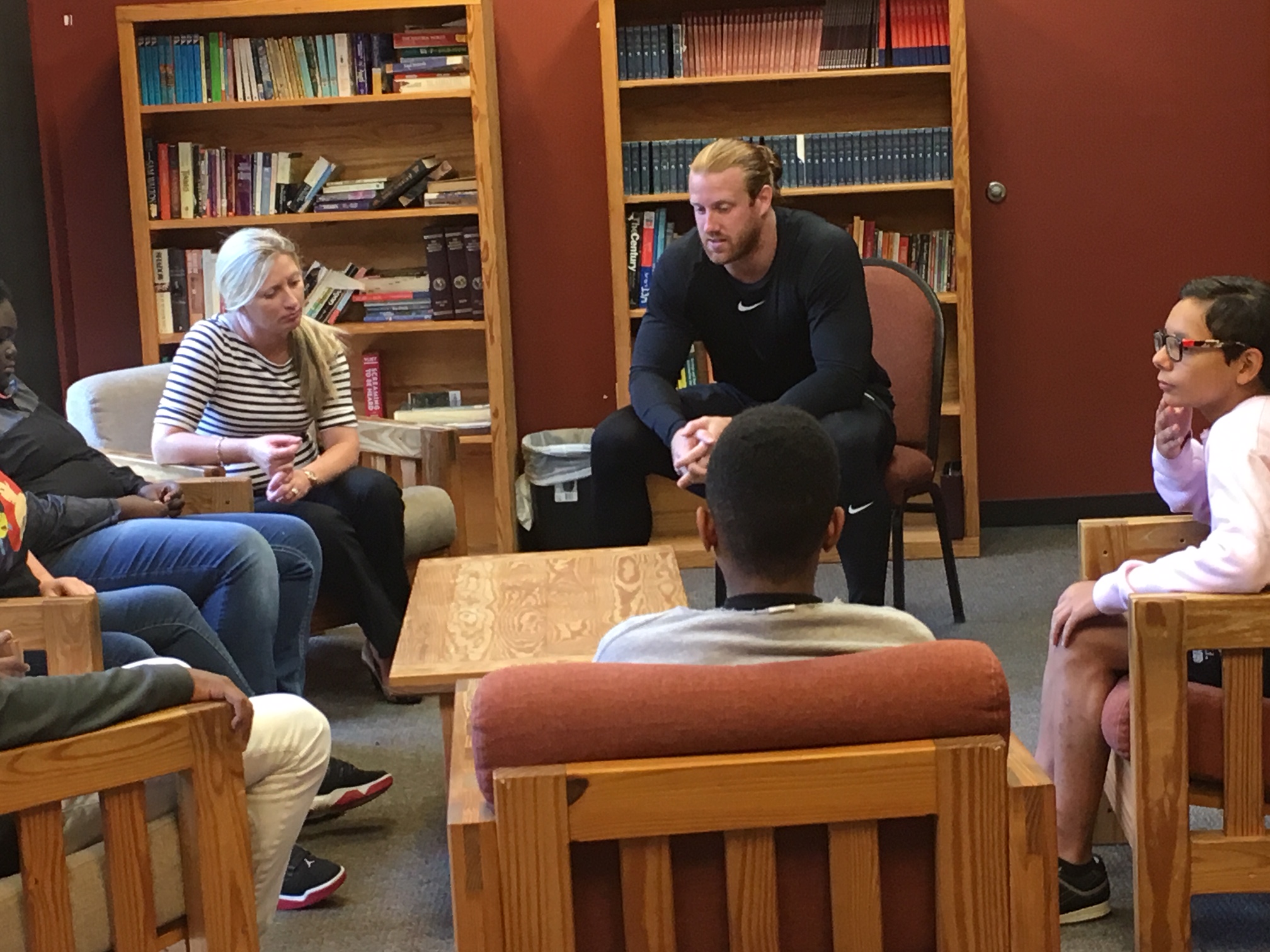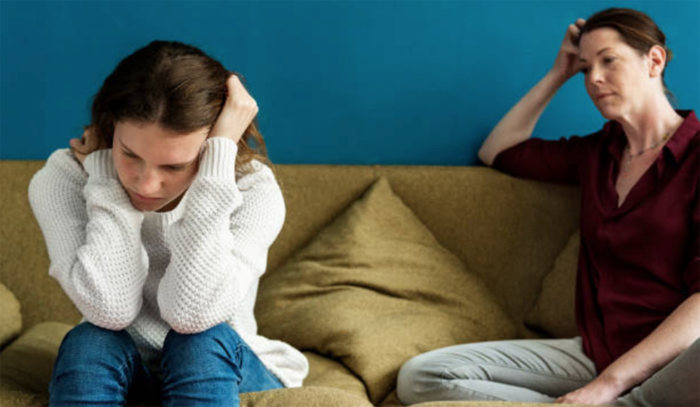Negative thoughts are not helpful thoughts. Negative thinking rarely gets us to the things we desire the most. These thoughts can be anything negative in your mind that gives you a feeling you do not value from. Once you have these thoughts, it could be hard to move away from.
Ashton Crawford is a Licensed Mental Health Counselor and the CINS FINS Program Manager at the Youth Crisis Center. She says there are a handful of ways people can move away from negative thoughts as you take the journey to feel better about yourself.
Recognition
According to Crawford, her first step to moving away from negative thoughts is recognizing you are having those kinds of thoughts.
“A lot of times, people aren’t even aware of it.”
She says these negative thoughts can stem from worrying about a situation, an event in the past, or something that hasn’t happened yet. Crawford believes once someone acknowledges they have a negative thought, that move can help build the foundation for finding the strength to move away from it. Crawford explains this step is important because it allows someone to come to terms with that thought. She says that helps you realize you have control over these thoughts at the end of the day.
Making a Choice
After recognizing your negative thought, Crawford recommends the next step you take is to make a choice.
“You can replace them with a positive thought or you can ignore it and let it fester. But, it’s going to come out one way or another.”
She says it all goes back to choosing what you want to do with those negative thoughts. If you wish to replace it, she also recommends trying to get out of whatever situation that is allowing you to have these kinds of thoughts. You can do this by changing your environment or the people you surround yourself with.
Think About It
It’s also suggested to think about how you’re feeling and how the negative thought impacts you.
“How it impacts your life, how it impacts your behavior and your emotions. All of that comes into play”
Crawford says once you’re able to acknowledge the negative thought, evaluate how it impacts your life, you are then able to make that choice to decide whether you want to change it.
Youth Crisis Center’s Outpatient Behavioral Health Program
The Youth Crisis Center was founded in 1974 as Florida’s first run-away program and has grown to be one of the largest and best-known providers of services for youth and families. Nationally recognized as setting a standard in youth services, YCC has been ranked as one of the top five programs in the United States by the Youth Policy Institute in Washington DC. Throughout the past 45 years, YCC has helped thousands of youth and their families overcome adversity and build stronger relationships.
One of the several programs, YCC offers is Outpatient Behavioral Health. This program provides comprehensive mental health and psychiatric care to kids as young as three and their families. Parents may also receive individual and family counseling regardless if their child is a client at YCC.












